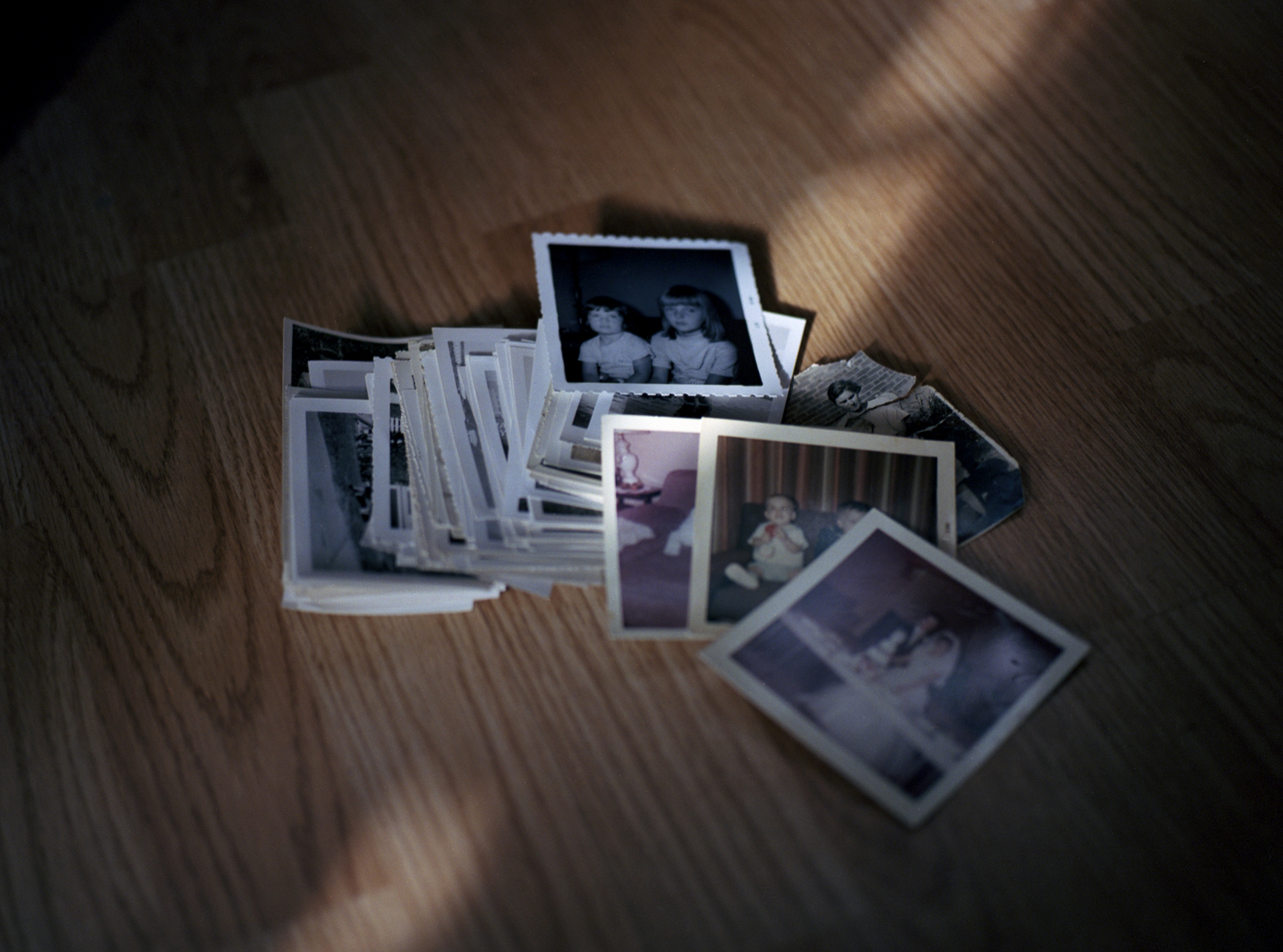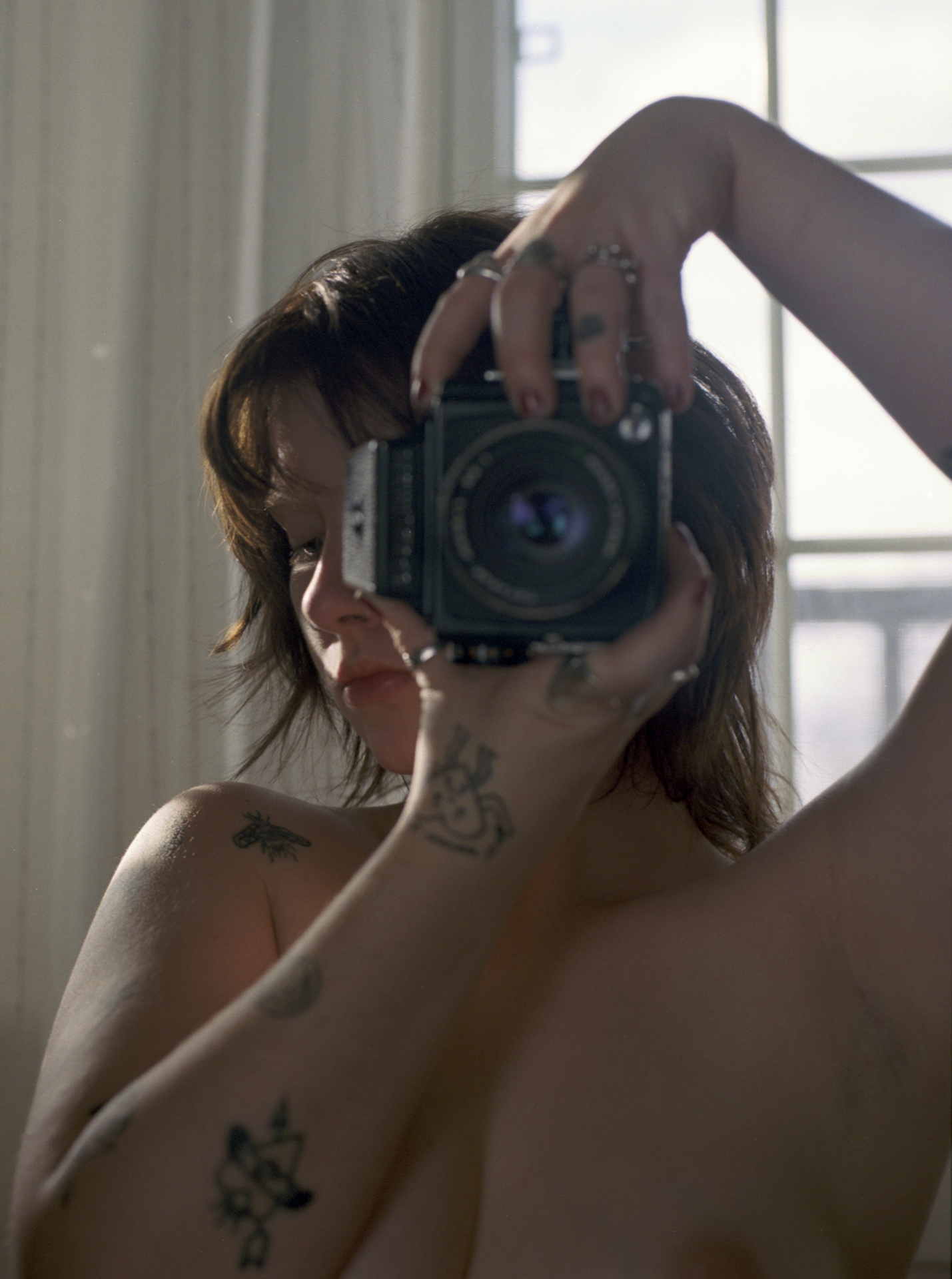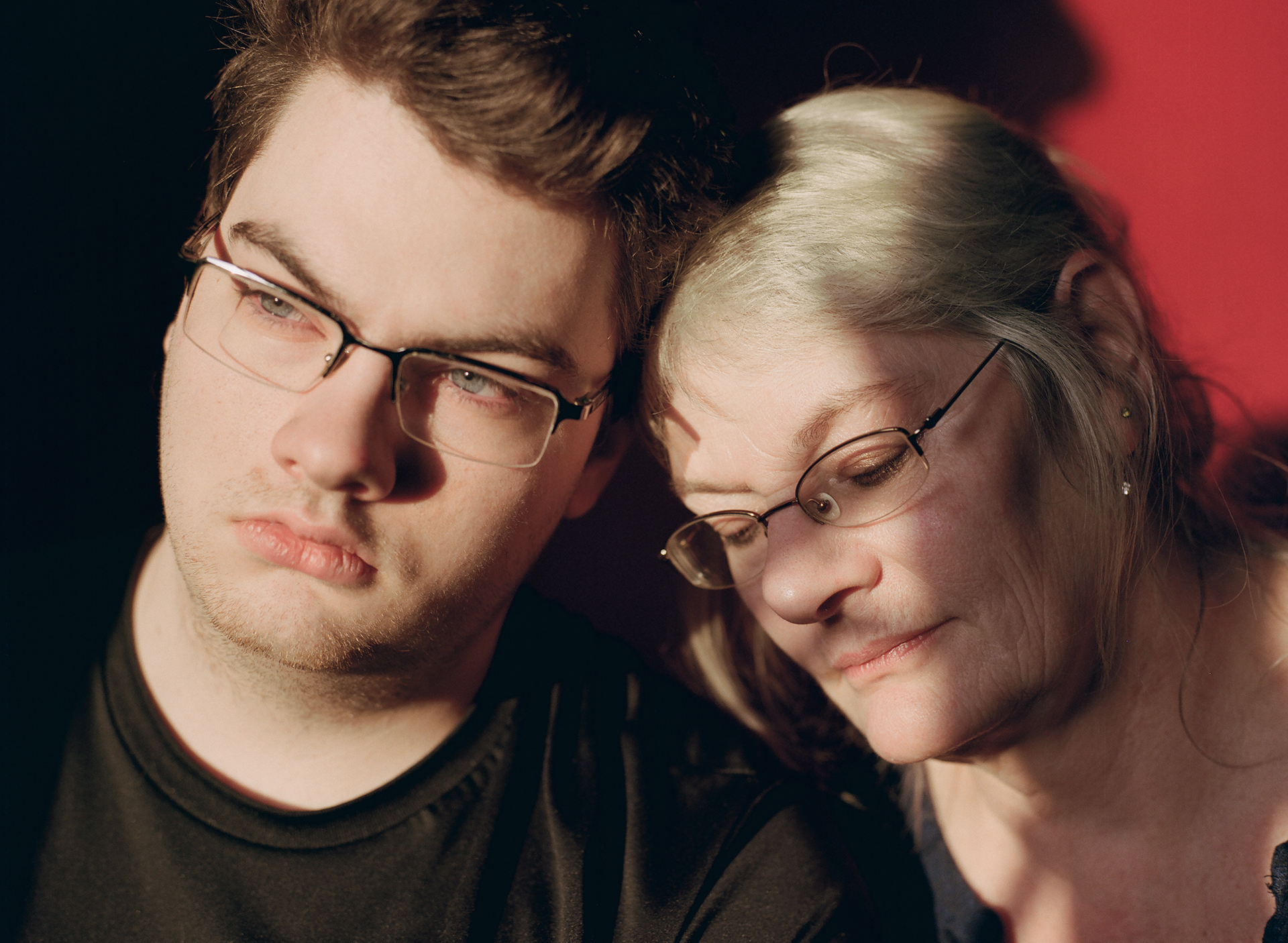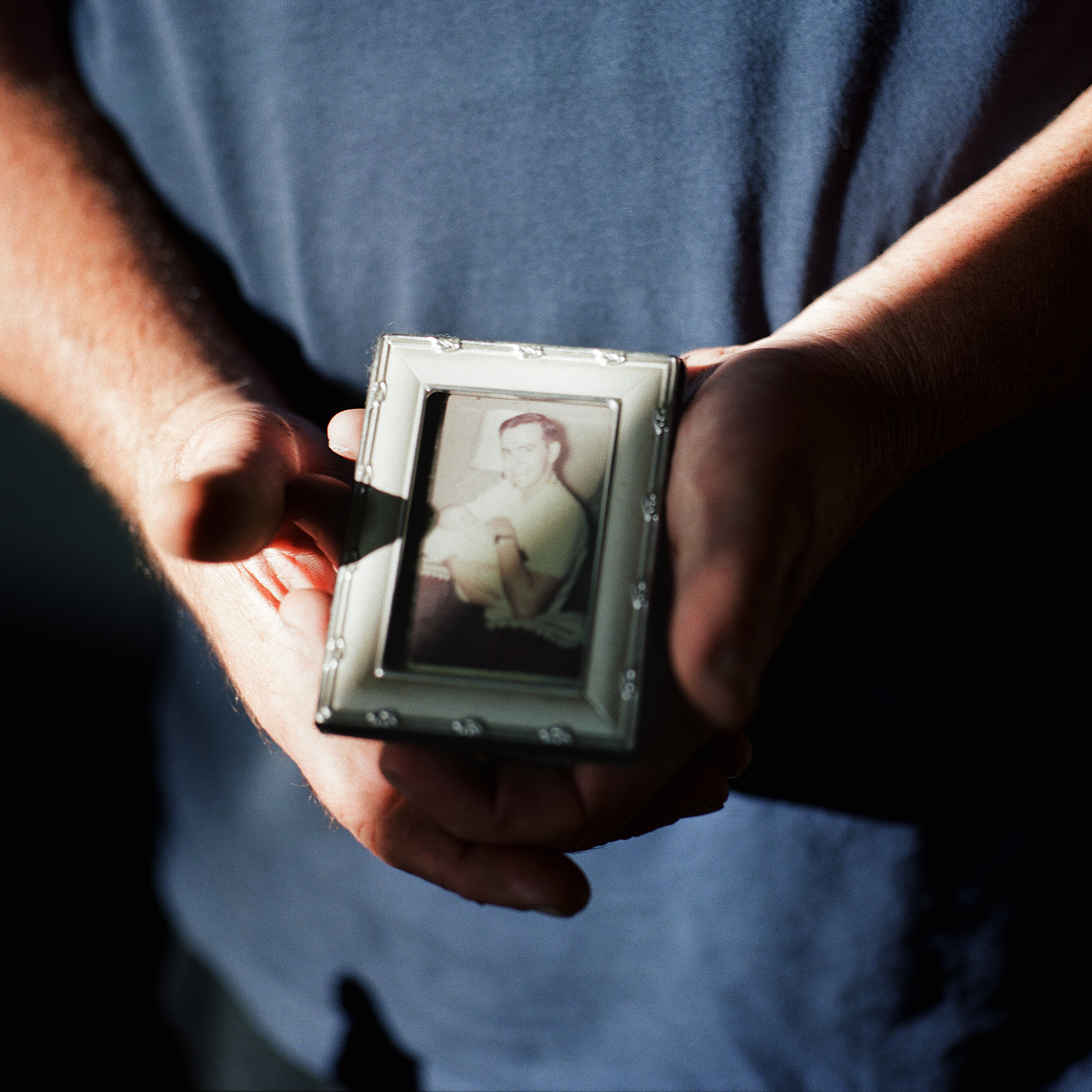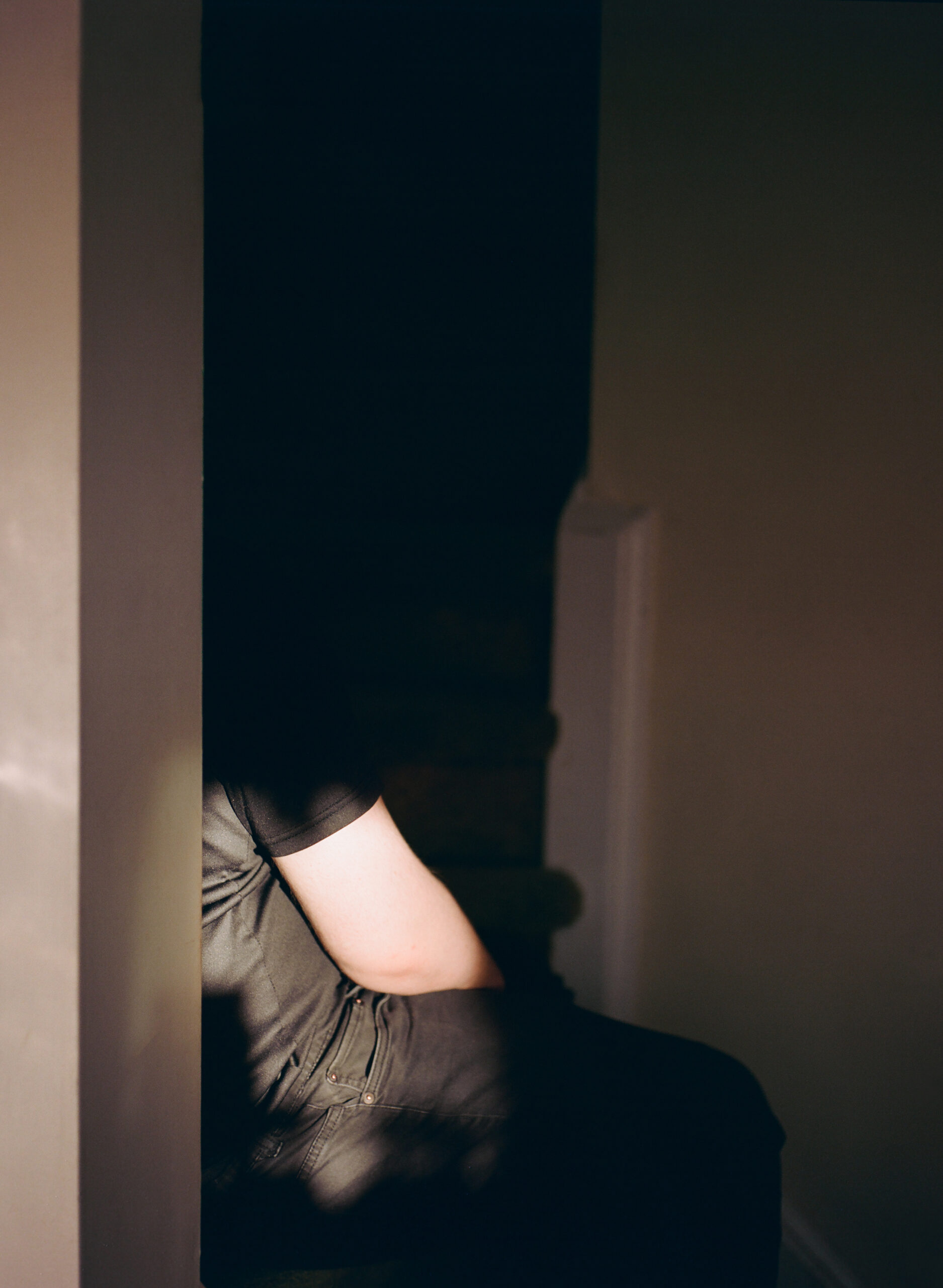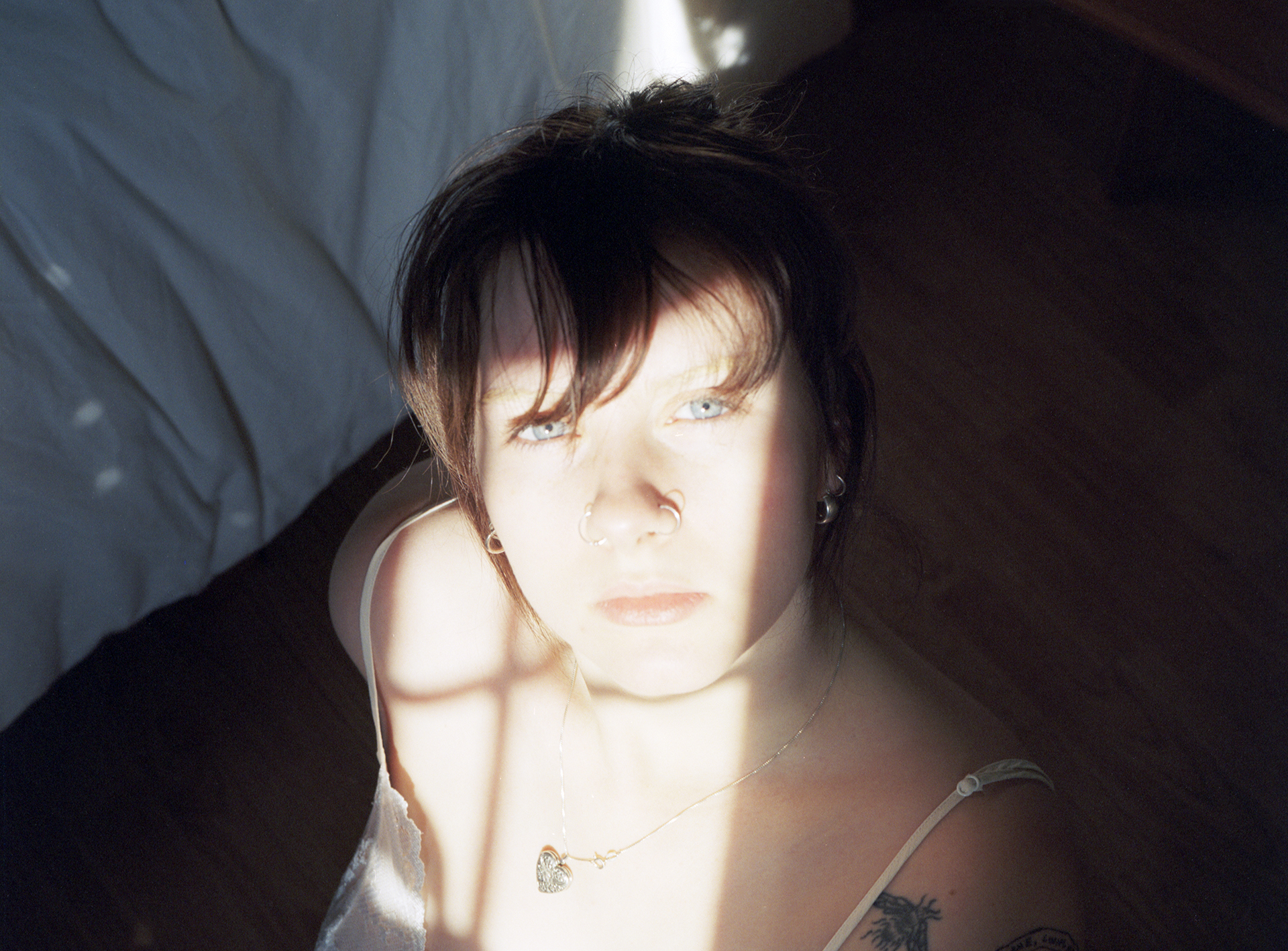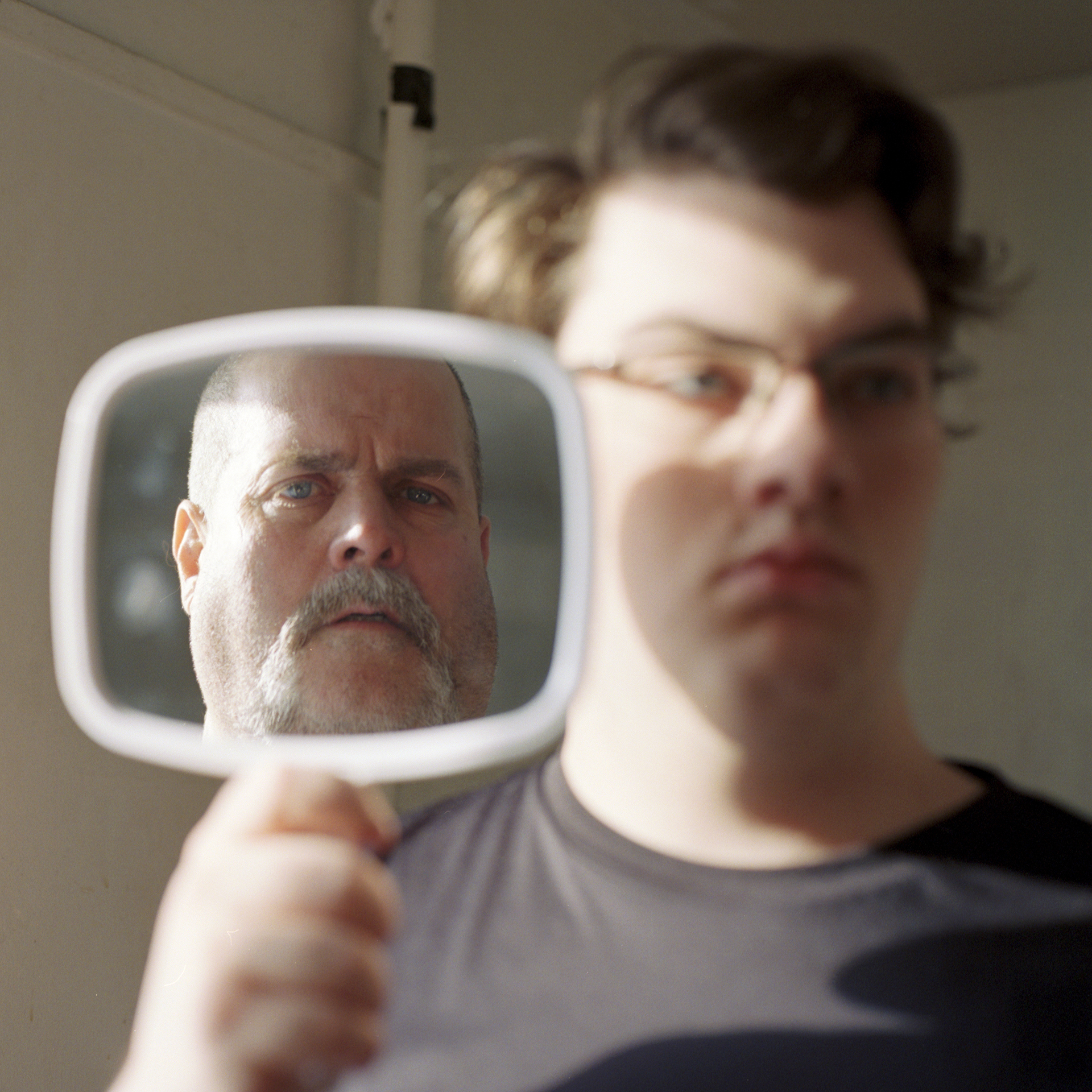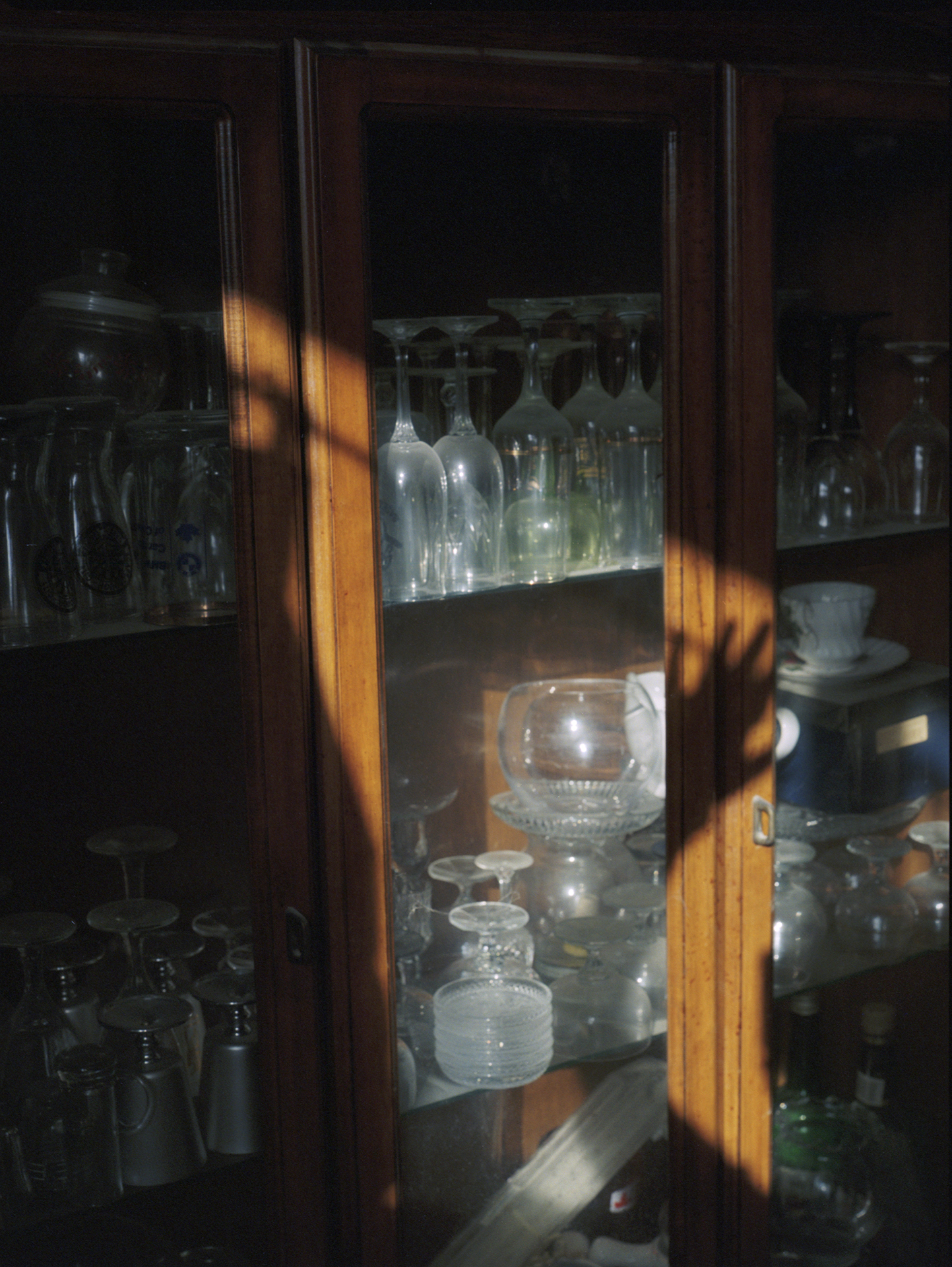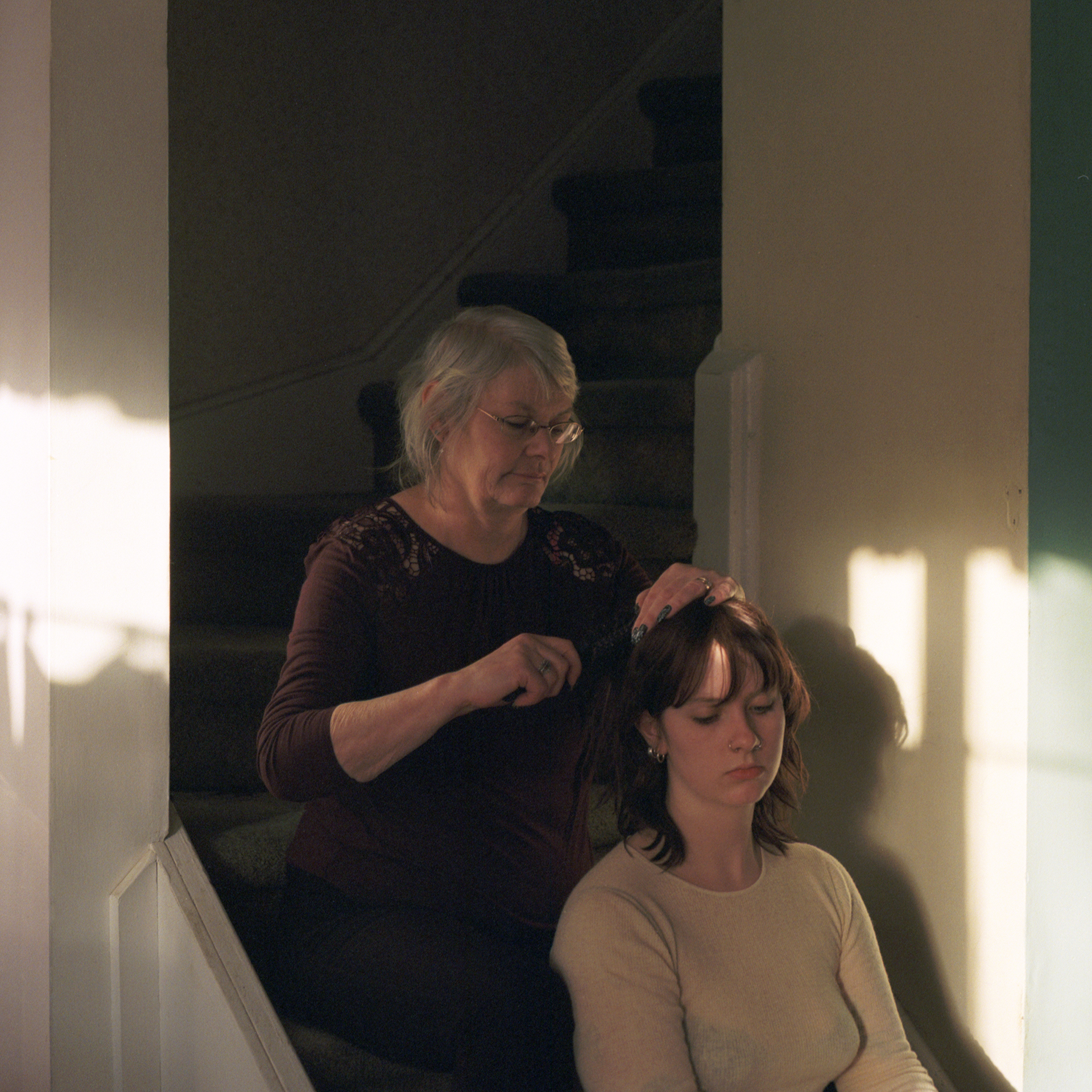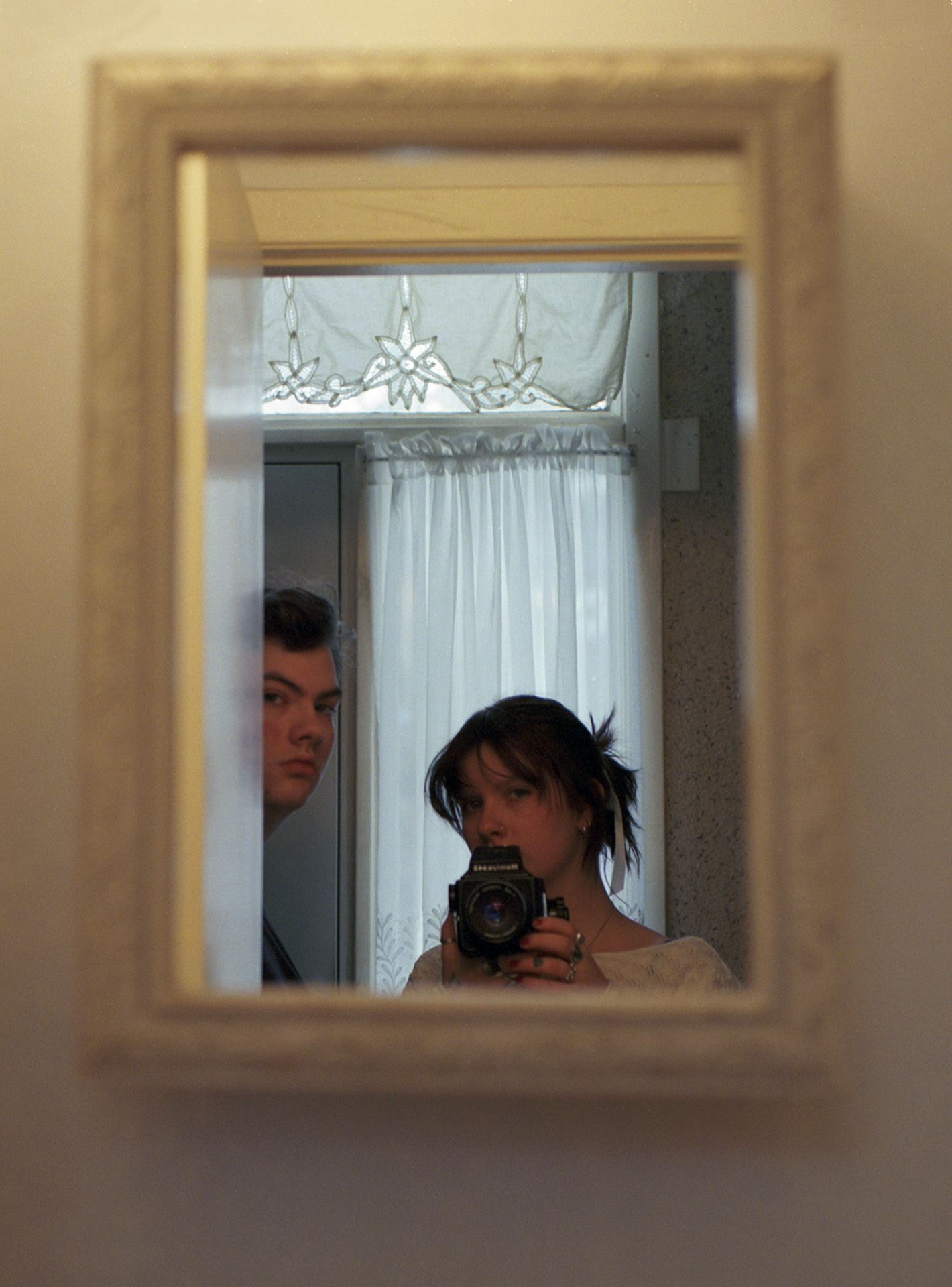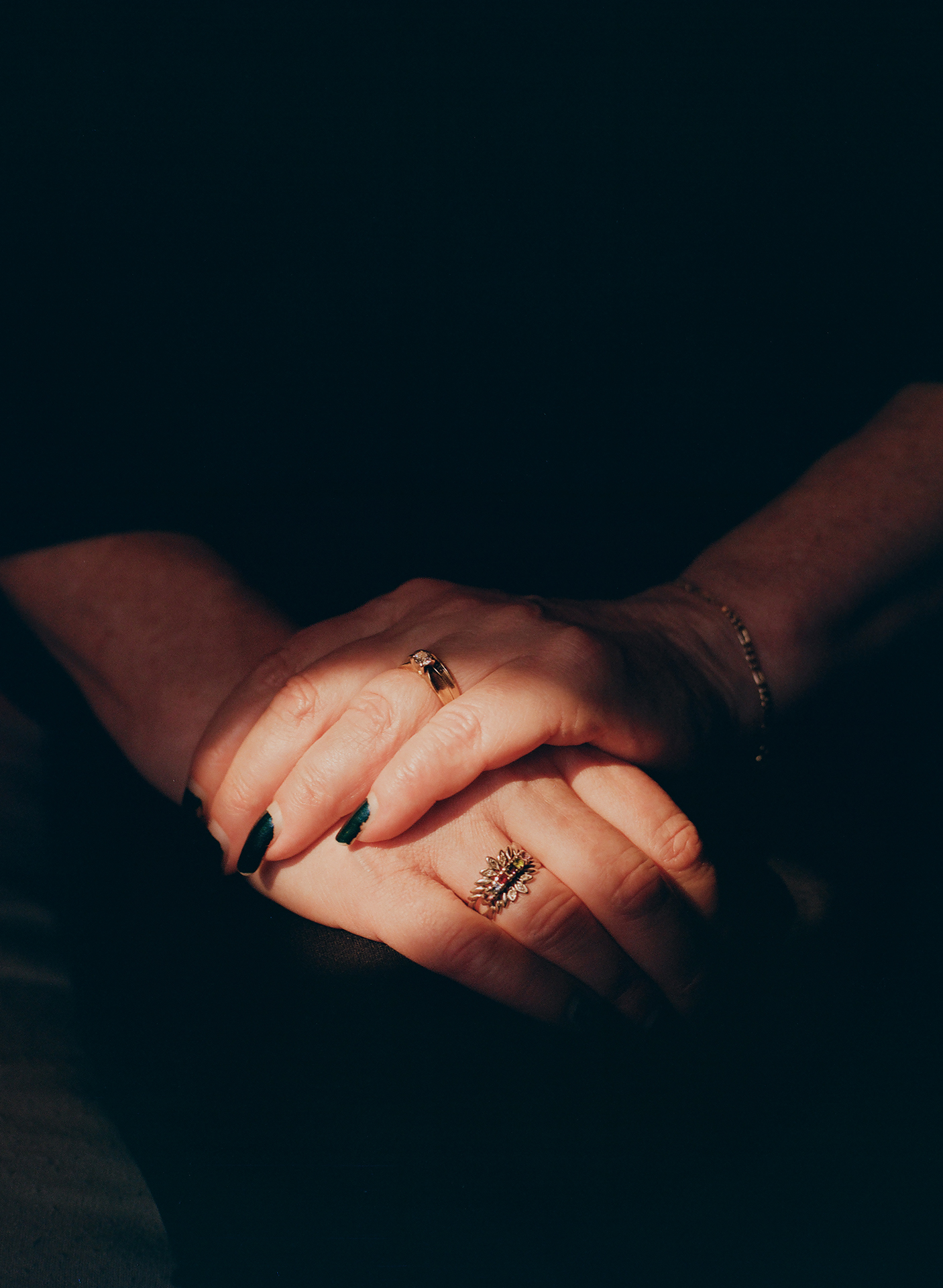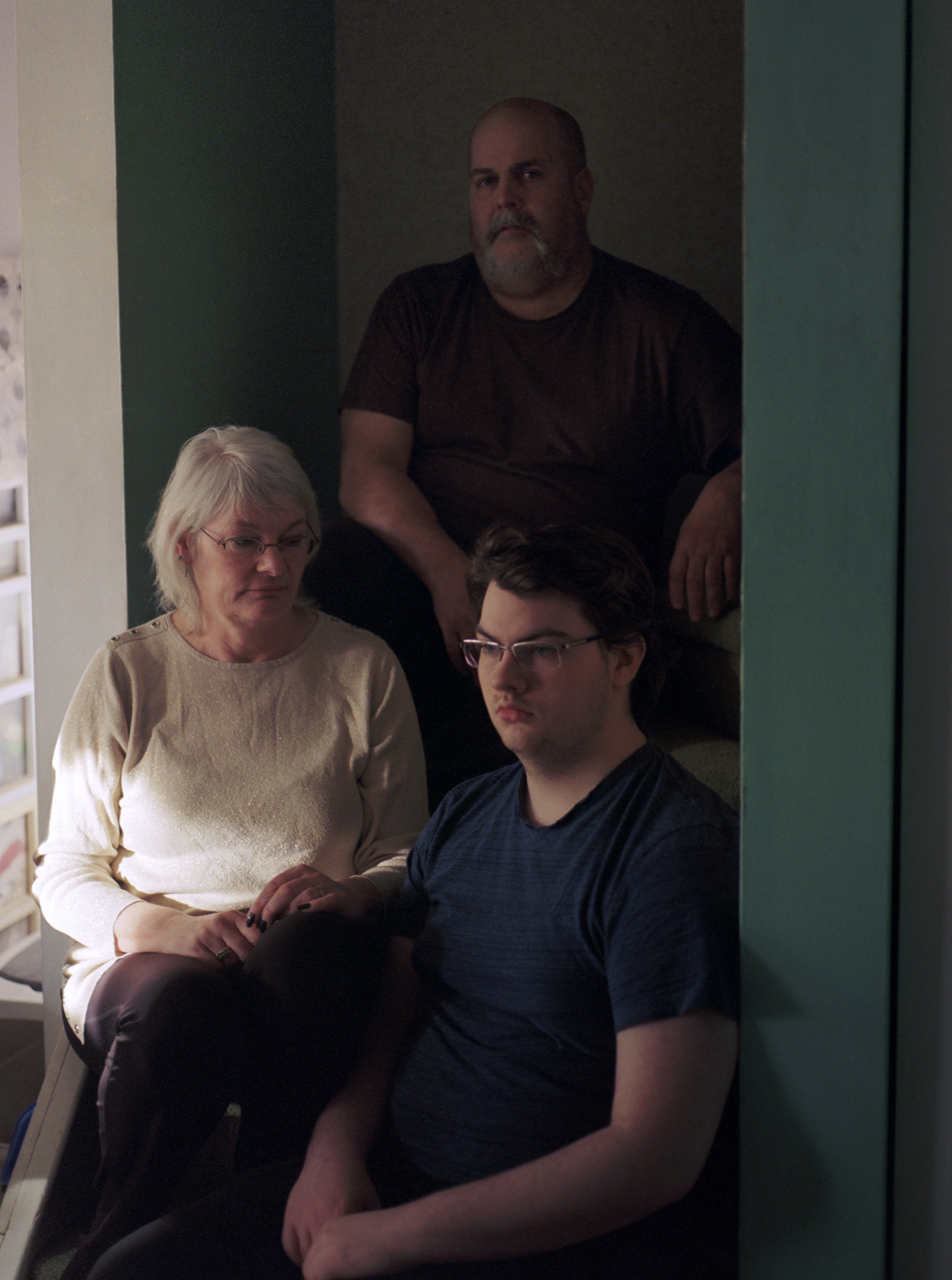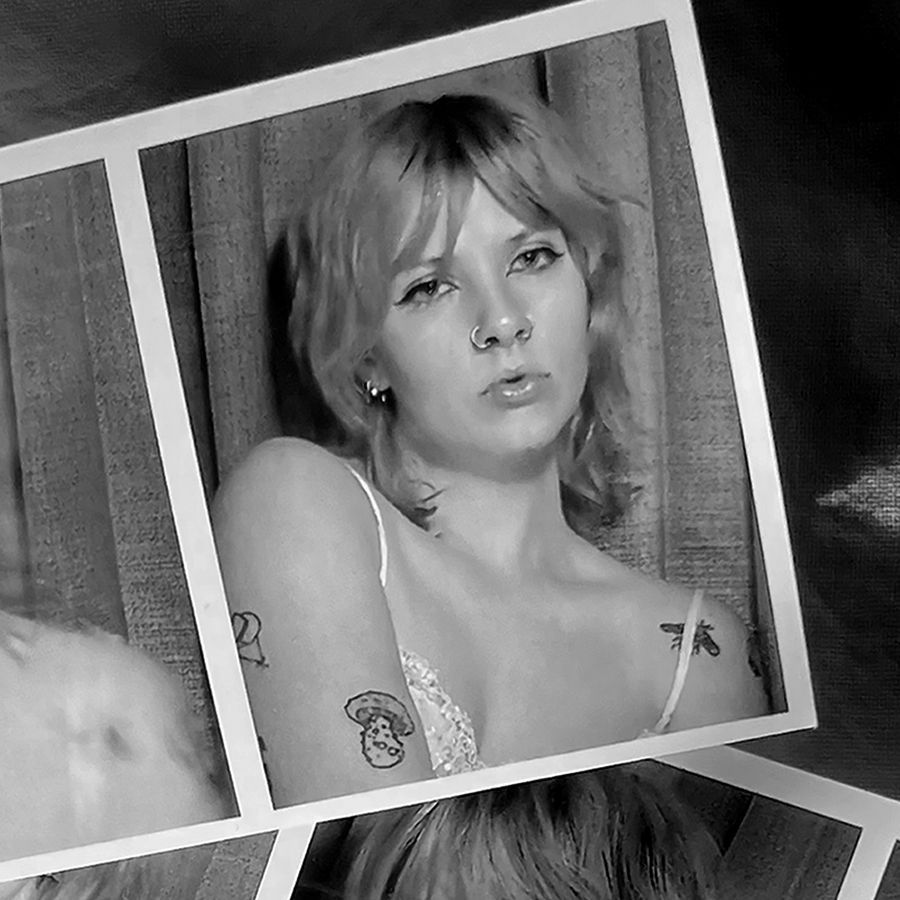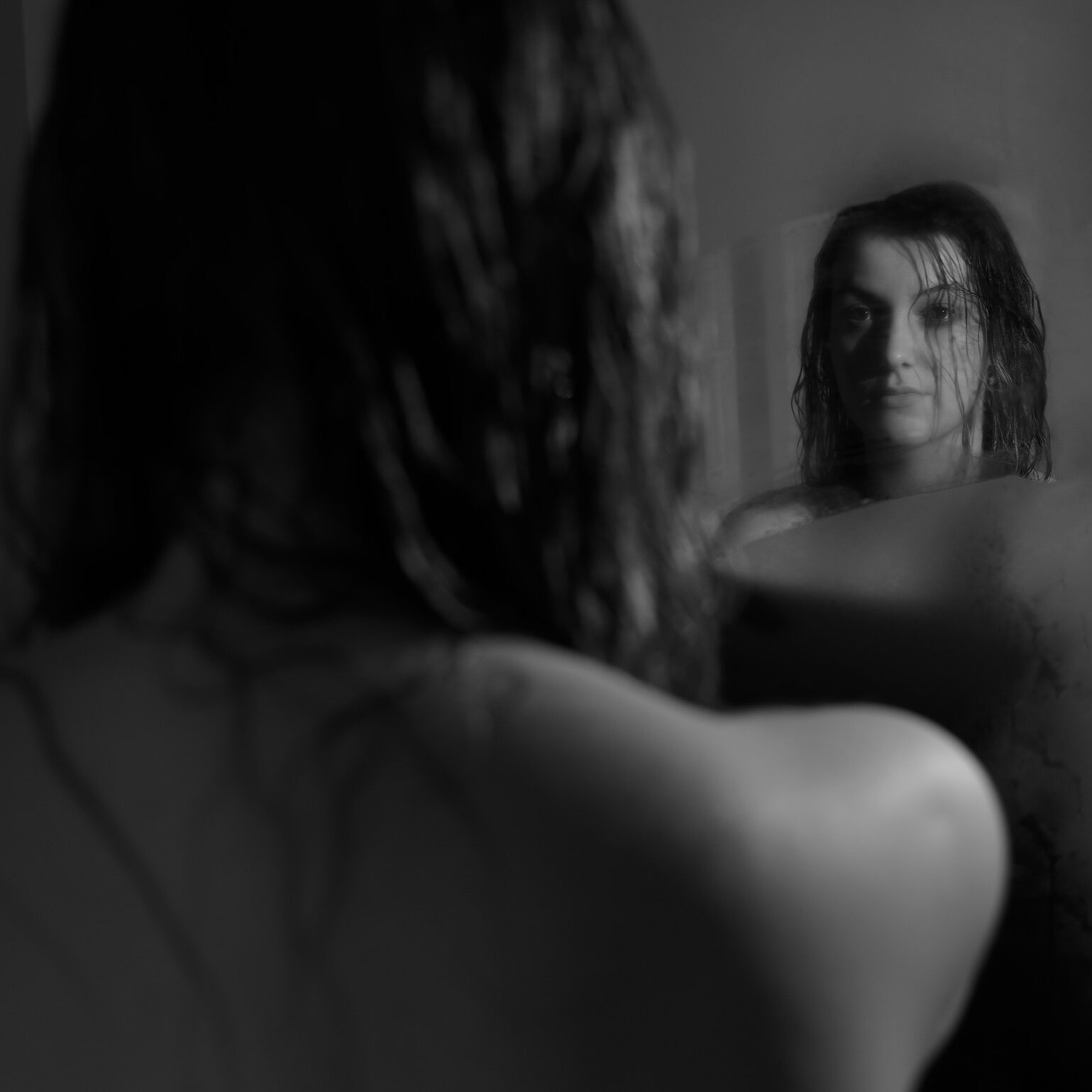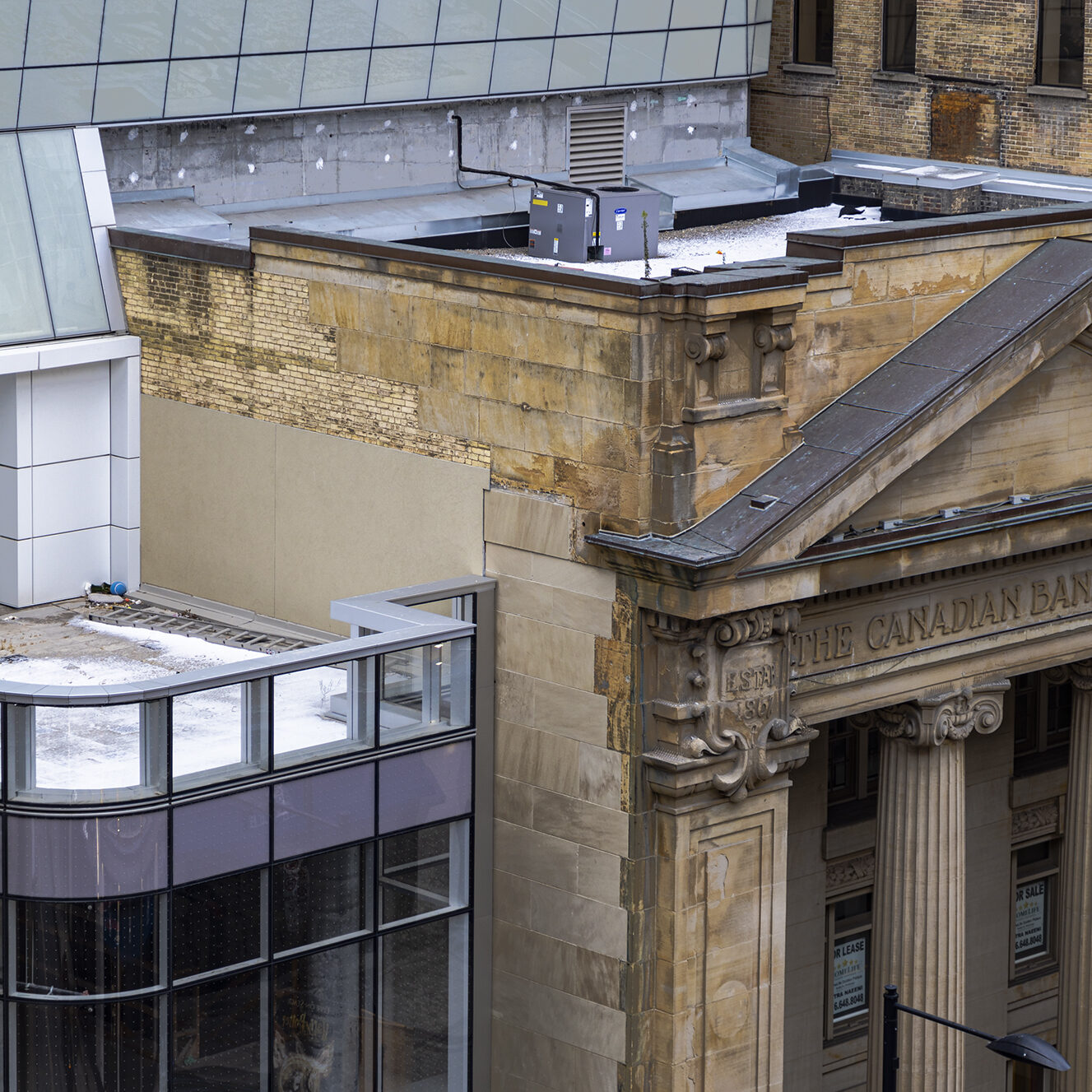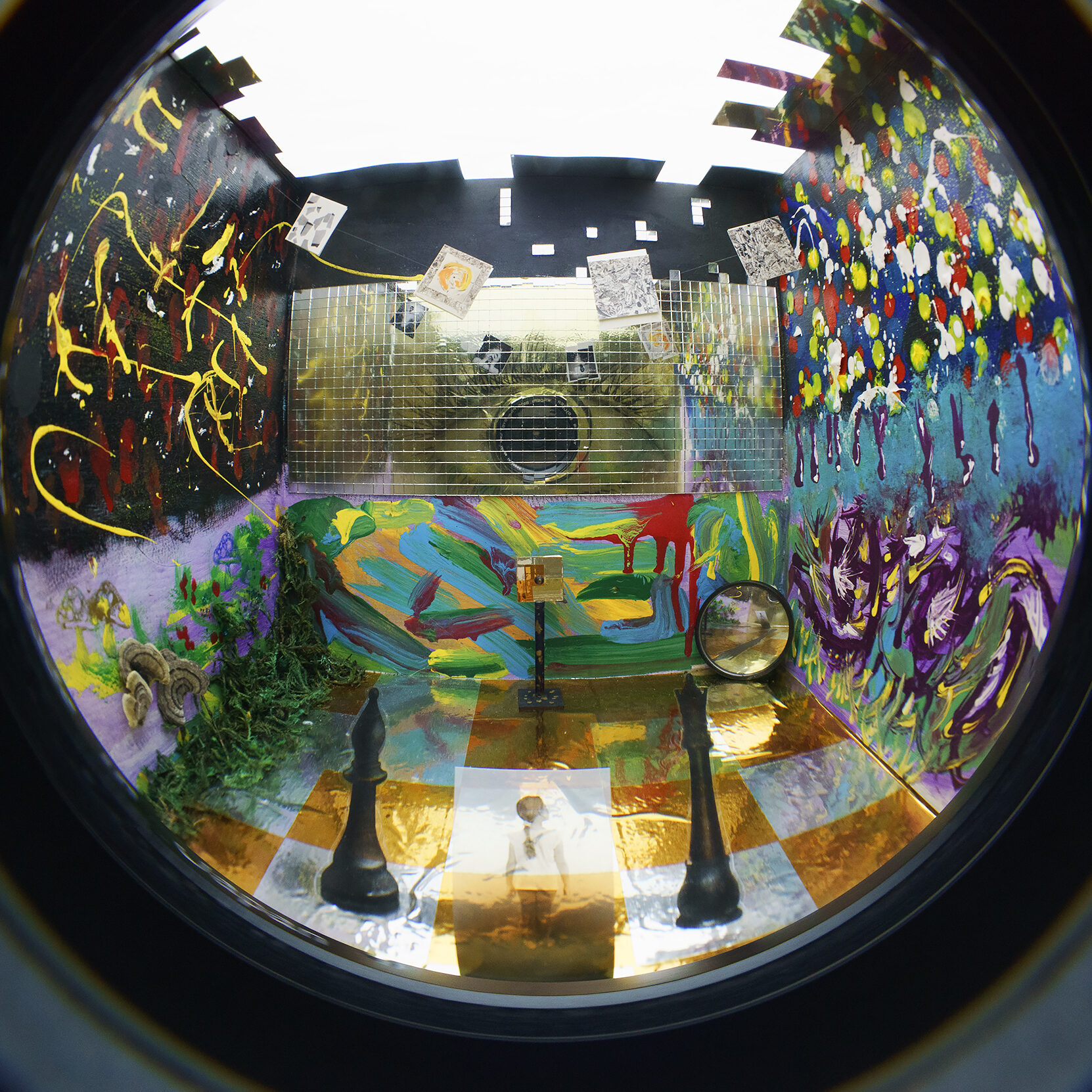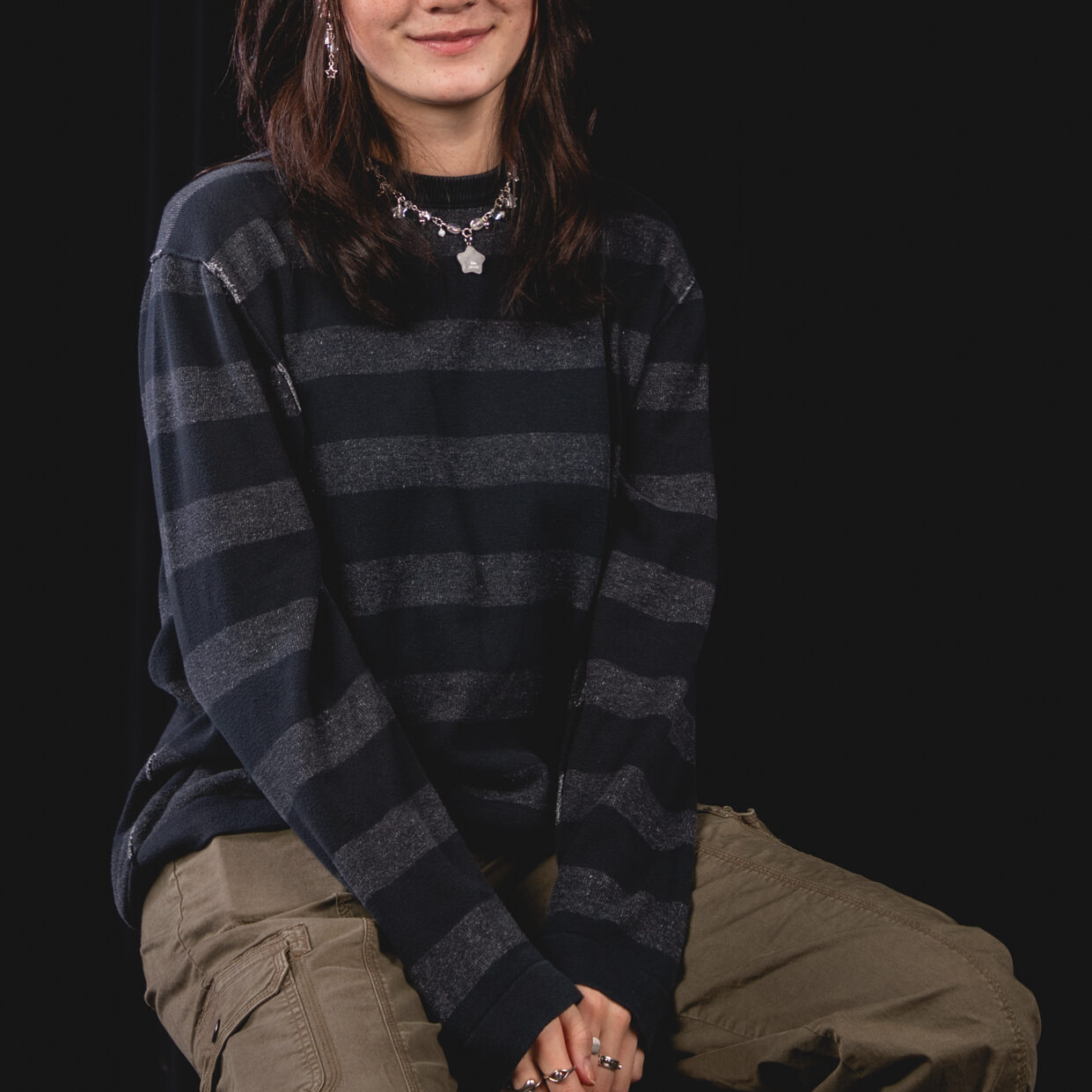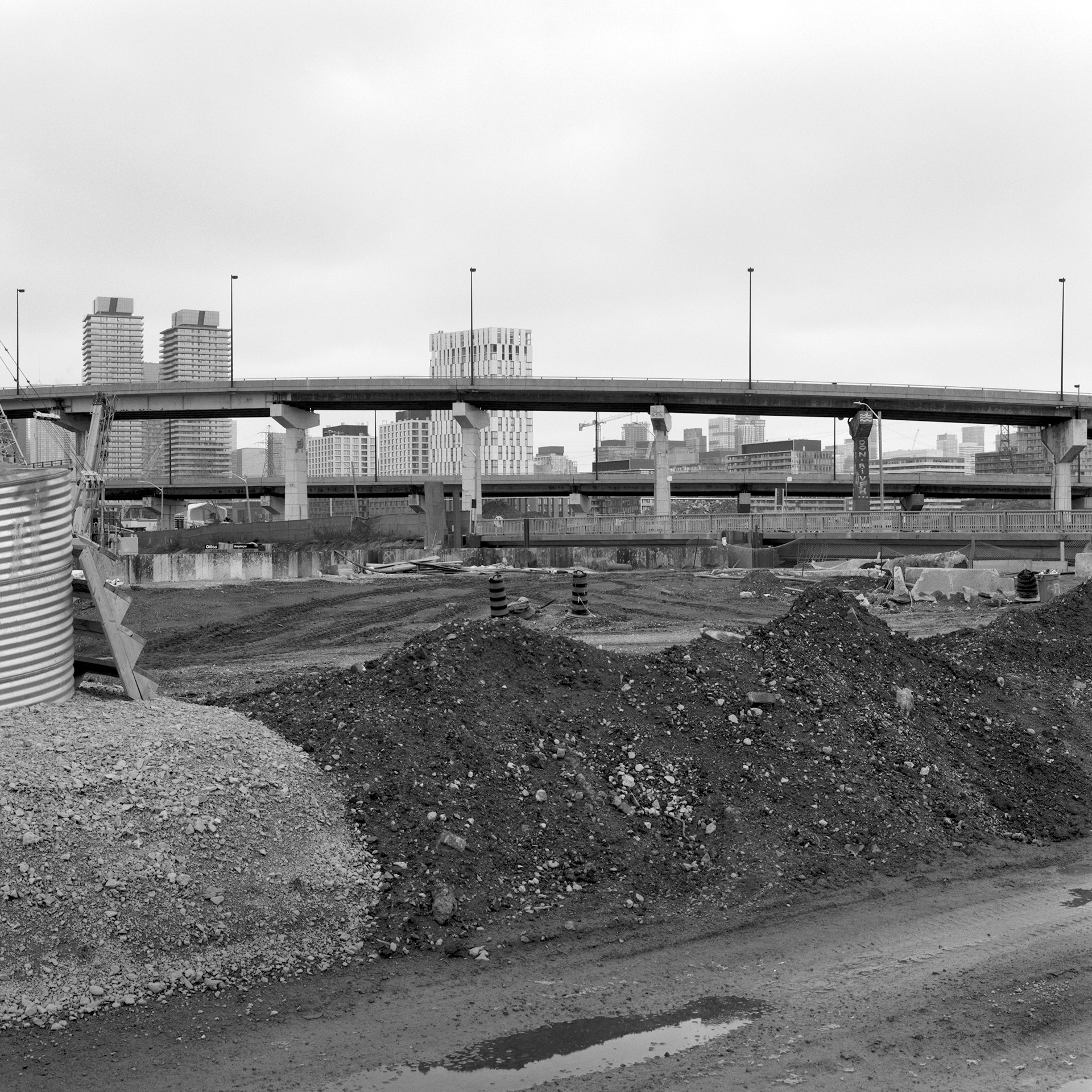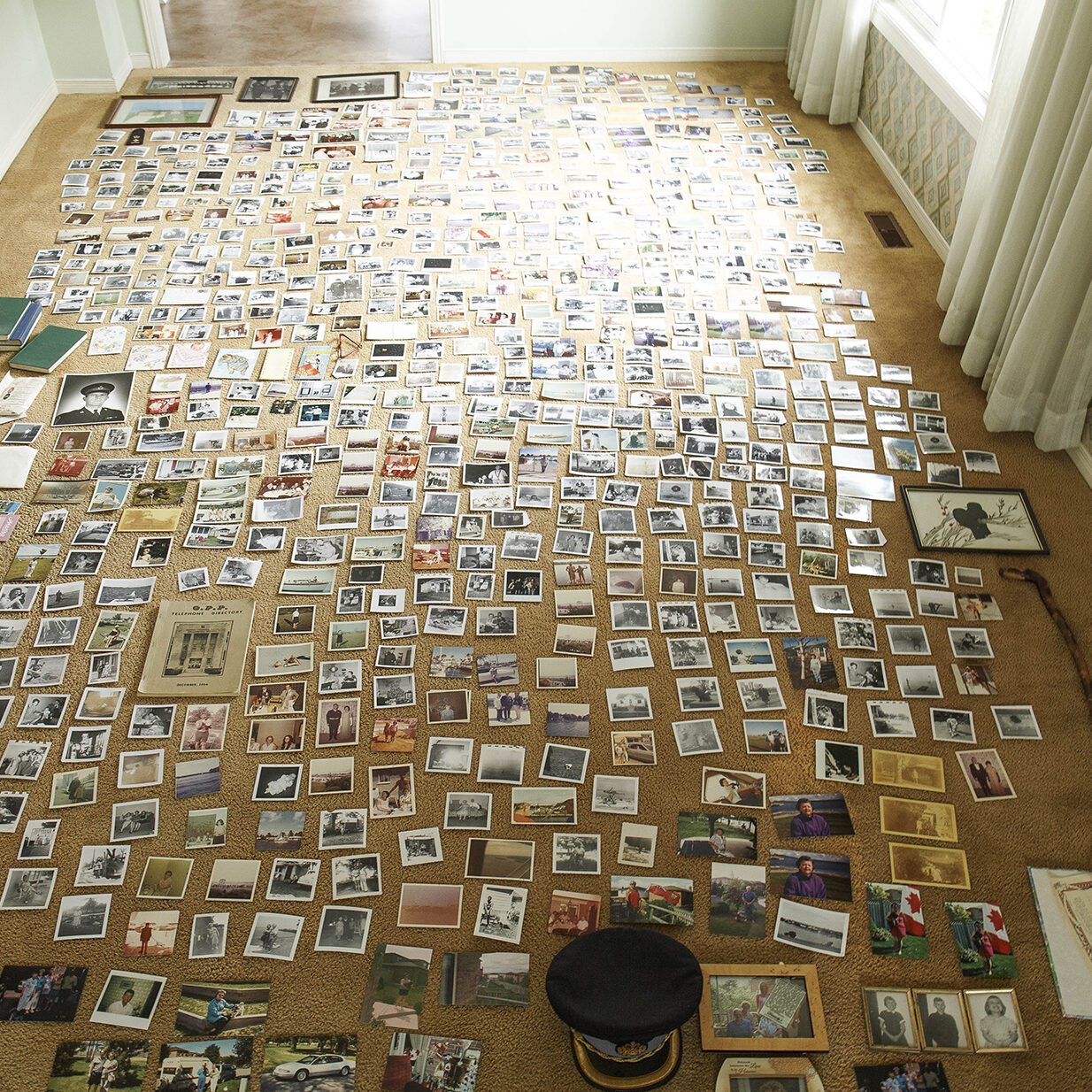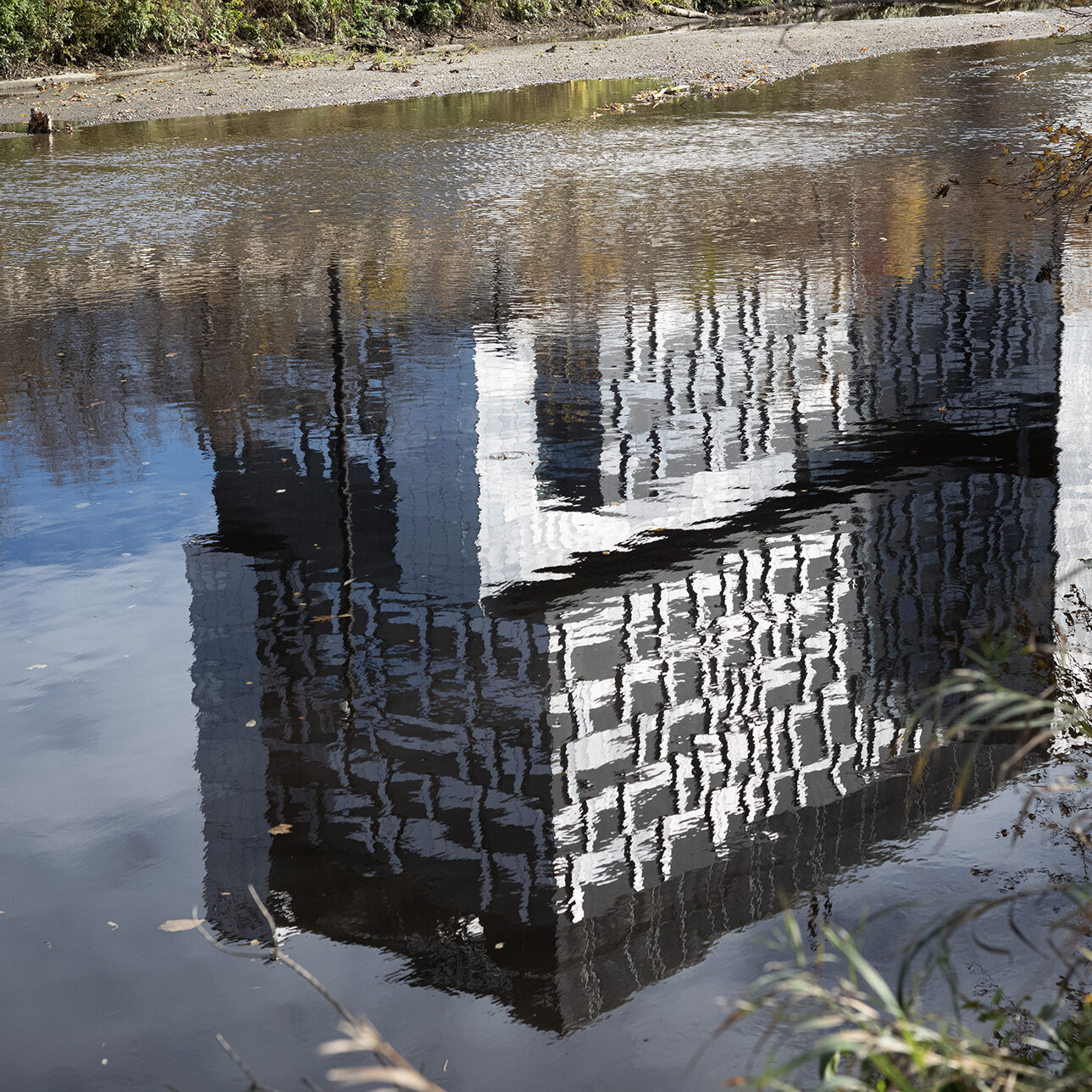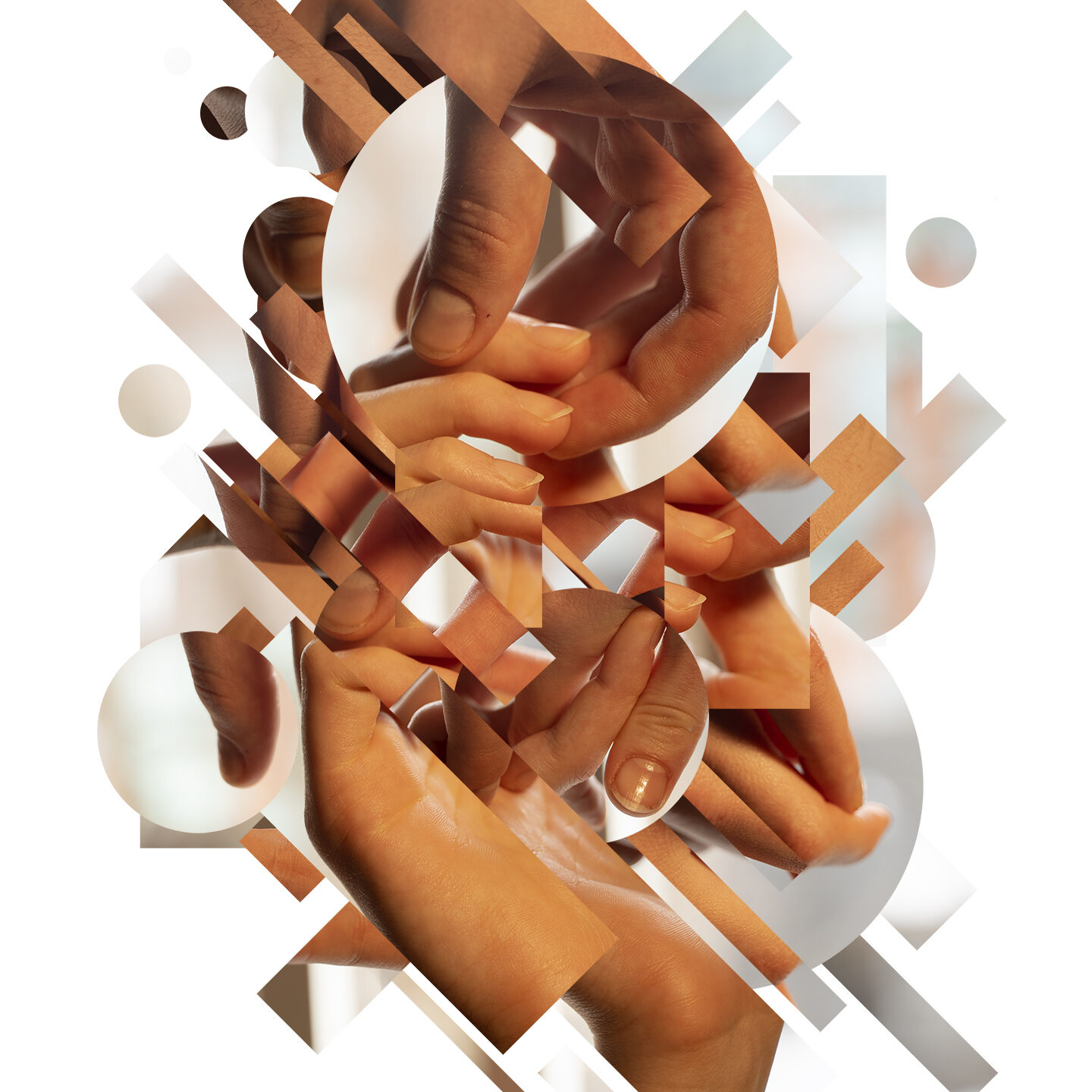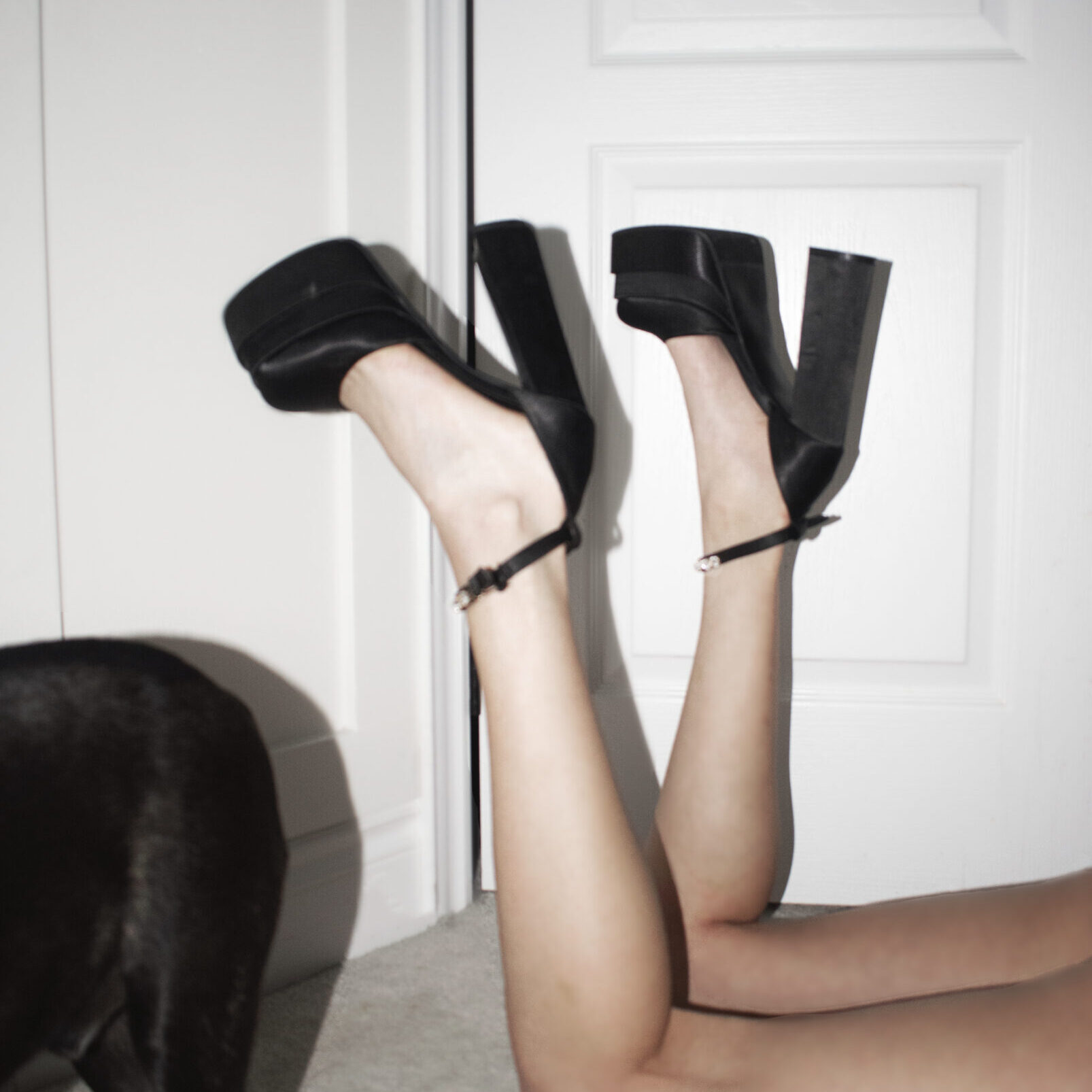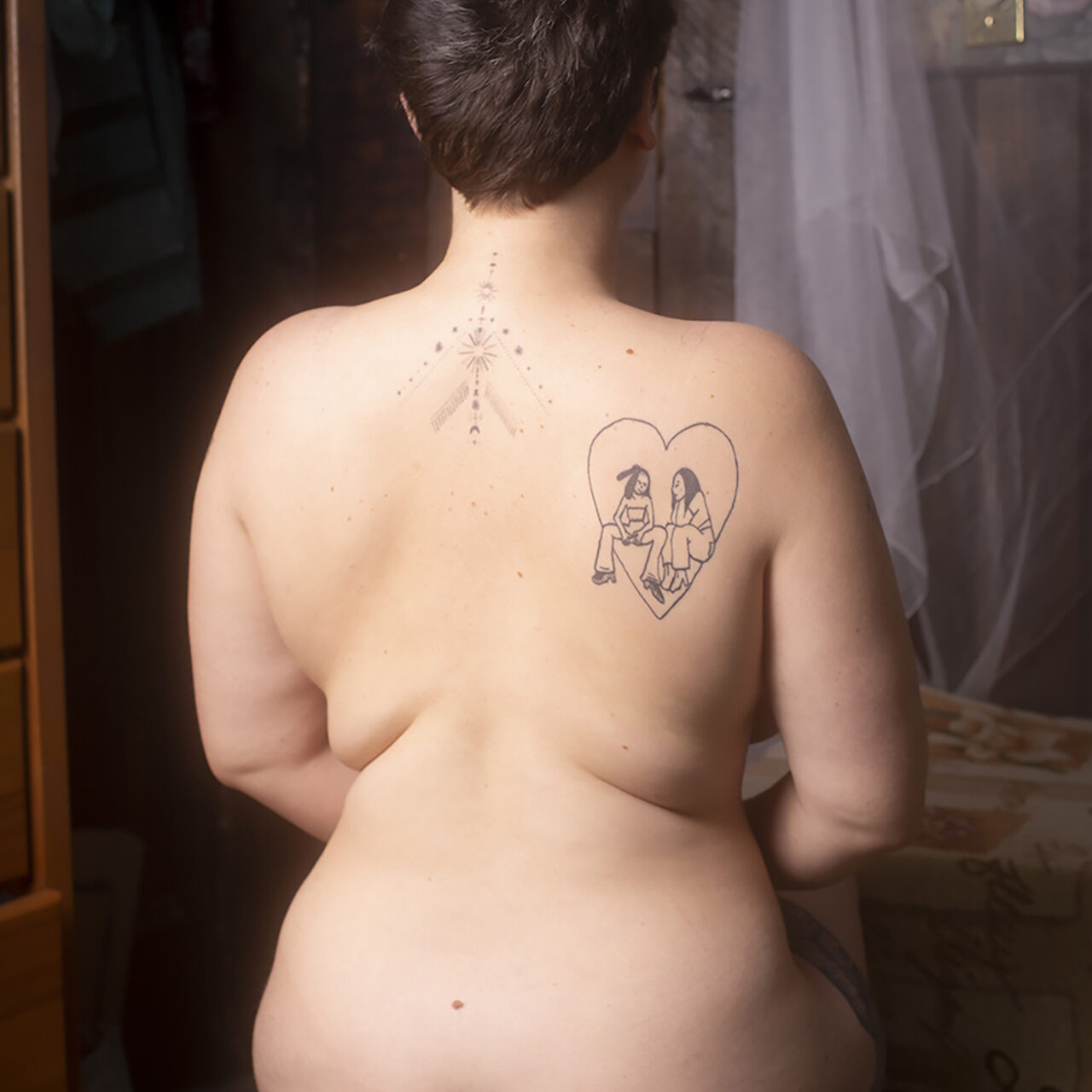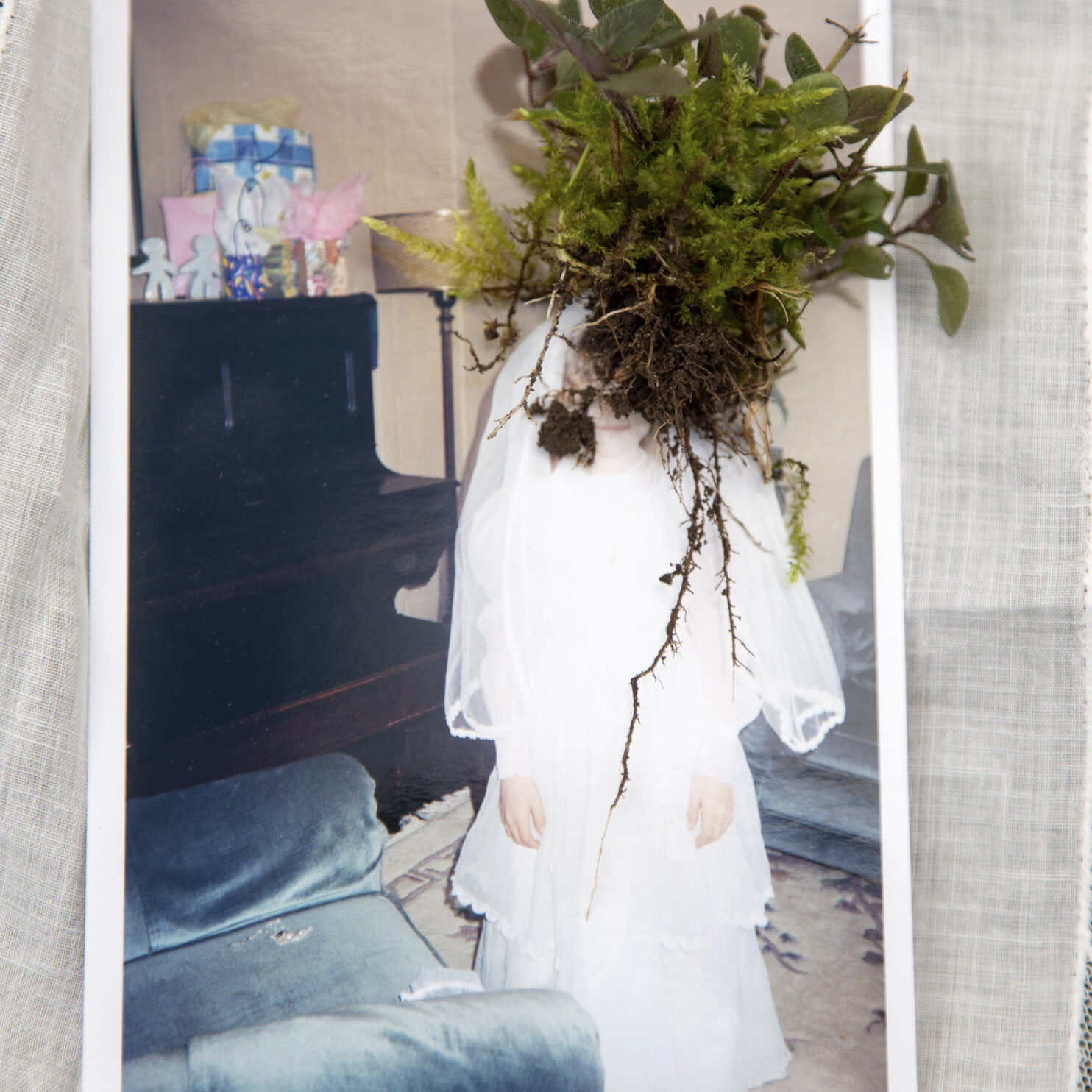You Have Your Father's Eyes
Hunter McNeil
Ever since I can remember, I’ve had an acute understanding of the trauma my family has faced. Perhaps even way too early on in my childhood. Nevertheless, I’ve always had this overwhelming sensation of empathy towards my parents even when they may not have deserved it. I went through phases just like any other child would of being angry, but then I realized my parents are just like me; navigating a world filled with hurt in their hearts and pain from past traumas. I think that it’s easy to forget that our parents aren’t perfect. They too are navigating life blindly, doing the best that they can with the tools they’ve picked up along the way. Really, they are bound to make mistakes; many in some cases while raising a child. “I sat with my anger long enough until she told me her real name was grief” C.S Lewis Just because my relationship to my parents was complicated in my adolescence, doesn’t mean it’s spoiled for good. In You Have Your Father’s Eyes I focus on these unique relationships I now have with my family after years of distance and alienation from one another. Using the camera as a way to negotiate power, we begin to find balance in our current states. The images elaborate on my relationship to my parents and my brother, and the dynamics that have formed in my absence. The work is about mending these past relationships, while ultimately learning to grieve our hardships. The series acts as a love letter to my family, as I reconnect with each of them and myself to move on from our indifferent past. It’s about confronting the long road to forgiveness while learning to not let past traumas define us now.
Hunter McNeil
Focusing on the unique relationship I have with my family, I use imagery to explore the estranged dynamics between my parents, my brother and myself. Using the camera as a way to negotiate power, we begin to find balance in our current states and embark on a journey to heal past traumas. By using staged documentary I elaborate on my relationship to my parents and brother, and the relationships that formed between each of them in my absence. As a family we have had our ups and downs and for many years I have focused on my autonomy from my family. This pieces demonstrates how against odds my family will continue to support me regardless of my alienation, and the difficulties we’ve faced navigating the confines of our distant relationships. The work is about shedding light, and ultimately learning to grieve the past in order to forgive.

